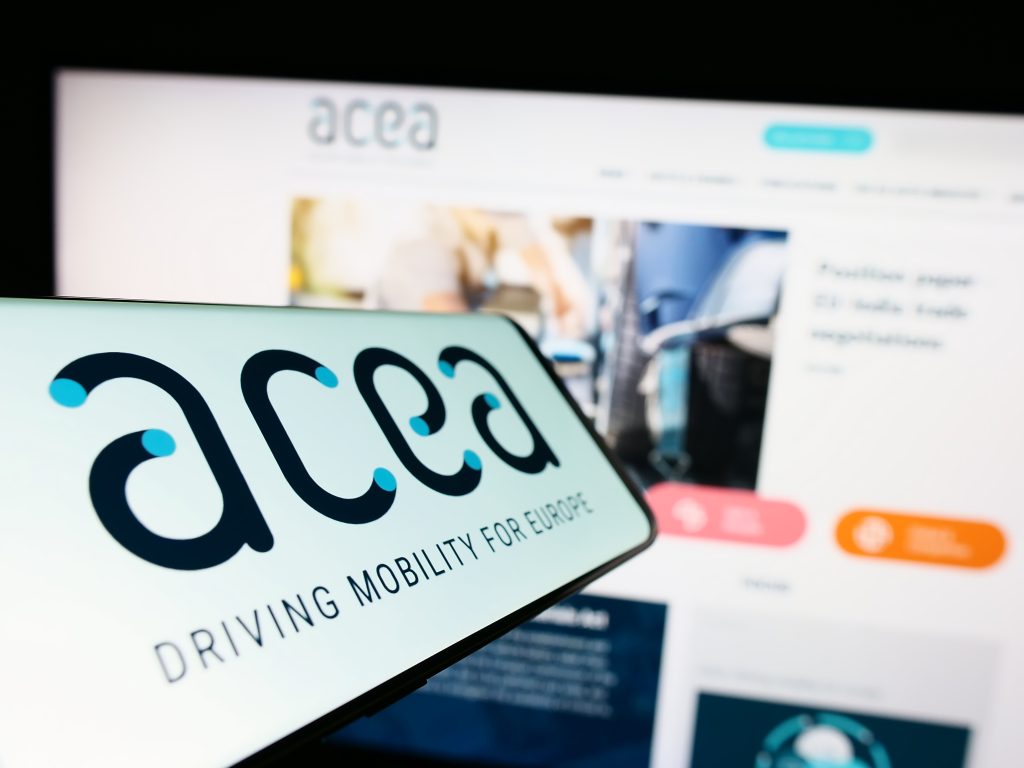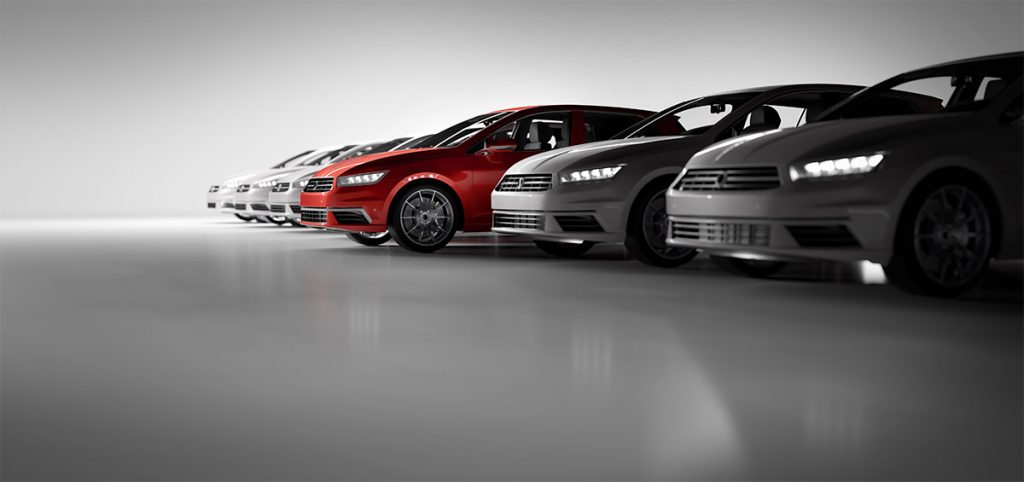Q8Oils sponsors a team in the 2022 Dakar rally
Q8Oils sponsors Dakar 2024 team


Q8Oils sponsors a team in the 2022 Dakar rally


Q8Oils sponsors a team in the 2022 Dakar rally

Q8 Formula Arctic 5W-40 is a superior high-performance full synthetic engine oil for passenger cars and light duty commercial vehicles.

Non-OEM approved engine lubricants have established a considerable market position in the automotive engine lubricant market. But do they deliver the same quality as officially OEM approved products?

Car manufacturers and OEMs have developed a range of different technologies to electrify the powertrain of vehicles. Discover the different engine technologies, the market penetration and the lubrication specificities of hybrid and electric vehicles.

The automatic transmission is the most complex component in an automobile and it is also one of the most expensive. Discover why the right transmission fluid is critical to the proper functioning and long-life of a step-type automatic transmission.

With a global presence and a significant share in the world passenger vehicle market, it is not surprising that the Volkswagen group is considered one of the most important OEMs when it comes to engine lubricant approvals.

The words Mercedes Benz are synonymous with quality. It is therefore no surprise that the MB approvals, managed by Daimler, require high performing, high quality engine lubricants.

In 2004, BMW introduced a new specification for engine oils called BMW Longlife-04. This was in response to hardware changes to its vehicles that the company had introduced to address ever tightening global emissions legislation and in particular to meet the Euro 4 emissions standard. However, since 2004 the specification has gradually changed, and today is considerably more demanding.